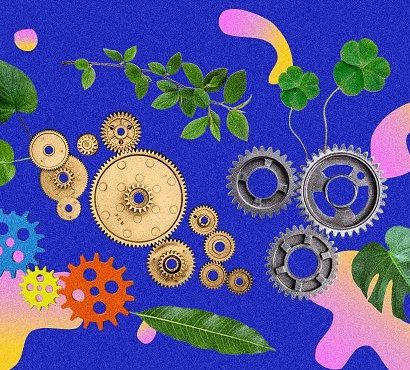IDCA News
All IDCA News
5 Apr 2023
Opinion: Engineers Need a Sustainability Education
Excerpt posted with permission from ESG Impact Zone. Full article is available.
By Susan Fancy & Volker Sick
When working as an engineer in the late 1980s, industrial engineers’ main considerations were the durability, quality, safety and regulatory requirements that the product must meet, and how to accomplish these goals as inexpensively as possible.
Thirty years later, that formula no longer works. To be a sustainable society long term, today’s engineer needs to have all of those skills and much more. Modern engineers should have an awareness of the broader needs of society, and the ability to look at the environmental and social impacts of the products they are producing. In the past, sustainability and technical training were two different departments at universities and companies. Now is the time that we need to blur those lines and provide at least basic sustainability skills to every engineer who graduates.
Traditionally the thinking is that making goods sustainable in today’s world costs more, although oftentimes the brown penalty is visibly more expensive than the green premium of sustainable products. And as the climate crisis continues to ravage our ecosystem, this will only accelerate. We are witnessing the ever-rising costs of increasingly commonplace billion-dollar cleanups from environmental messes and disasters, not to mention the health impacts of non-sustainably produced goods.
Socially, society is accustomed to a set of social norms for making industrial goods that are not serving society as a whole, such as clothing that only lasts one season, appliances and tools that are difficult or impossible to repair, power generation that weakens the health of people and nearby land from toxins and electronic devices that are out of date a few years after purchase.
But there is growing recognition that these norms no longer serve us, and the engineers who design these projects are having to adjust. Today, a new set of tensions has been introduced into the engineer’s job. Material choices for products and manufacturing methods can have significant societal and environmental impacts which need consideration during the design process. Engineers are not only designing goods but also manufacturing plants with lifetimes that are measured in decades — the engineers of today are building the world of 2050 and beyond.
Therefore, we need every engineer making product decisions to have sustainability skills — we will not be successful at tackling the climate and environmental crises if only a few sustainability staff are guiding the entire industrial goods sector to more sustainable production.
Engineering education must change to prepare graduates with the ability to broadly understand societal needs and constraints. We need engineers who can design and produce solutions that can be successful from a societal, environmental and economic point of view, all at the same time.
Image from ESG Impact Zone.
Follow us on social media: